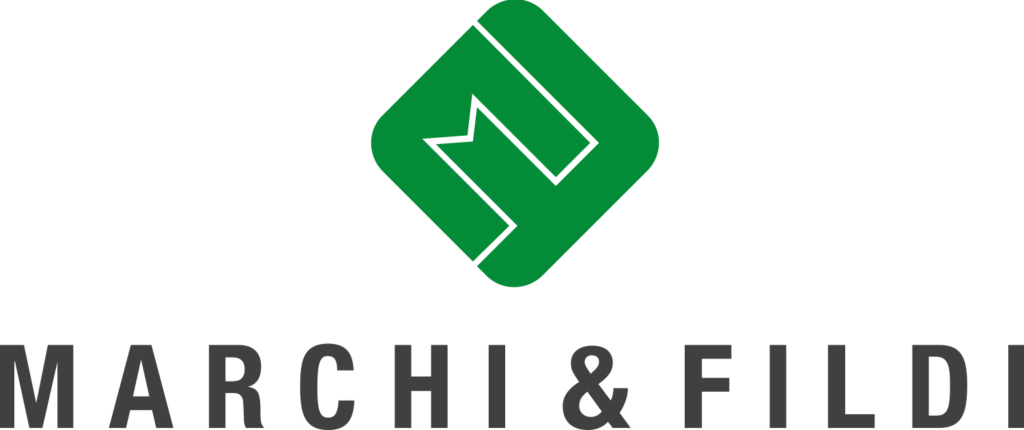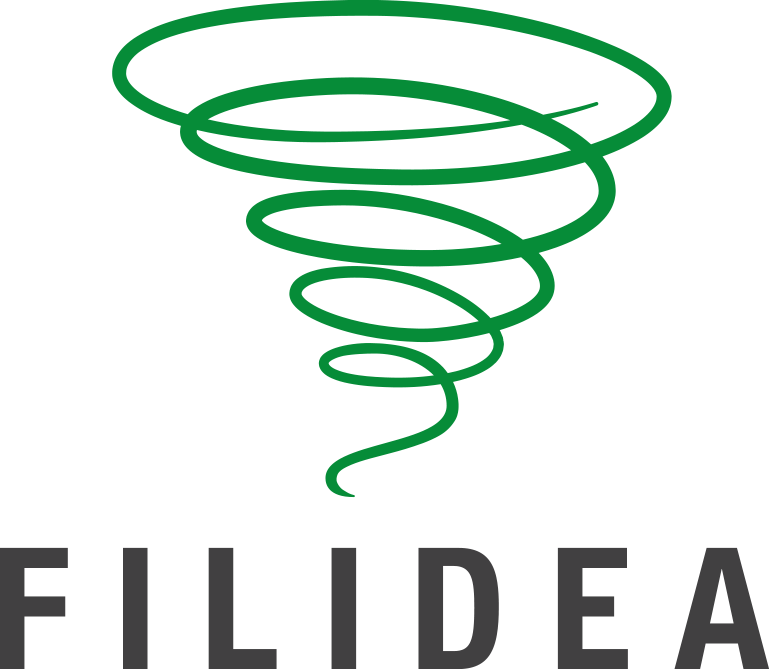Certification
We possess the top product and process certifications, validating the central importance of our environmentally sustainable production. Our goal is to create a traceable supply chain, in partnership with the brands that make true sustainability the key to their style and respond to growing awareness of the environment among more and more consumers.
BEtter Cotton Initiative
European Flax
European Flax guarantees the origin of linen fibres grown on Europe’s Atlantic coastline, an area guaranteeing the excellence of the fibre and the know-how of its growers. The European Flax mark is also a guarantee of traceability and social and environmental responsibility.
FSC - Forest Stewardship Council
The Forest Stewardship Council is an NGO promoting responsible forest management. The FSC® mark identifies products made from forest resources managed on the basis of the social and environmental standards established by the organisation.
Global Recycled Standard - GRS
Products certified to the Global Recycled Standard (GRS) contain recycled material that has been (independently) verified at each stage of the supply chain, from the source to the final product. In addition, certified organizations have met social, environmental, and chemical requirements at each stage of the supply chain.
Global Organic Textile Standard - GOTS
GOTS is the world’s most important standard for sustainable production of garments and textile products from organic natural fibres. The certification attests that the fibres come from organic agriculture, as well as guaranteeing traceability all along the supply chain and compliance with environmental and social criteria. The chemical products used in processing of textiles must meet certain requirements on the basis of the toxicological properties.
ISO 14001
ISO 14001, the world’s most popular standard for Environmental Management Systems, sets forth the most important requirements for identifying, controlling and monitoring the environmental aspects of any organisation with an environmental policy. Certification is based on management principles including planning, implementation and control, as well as actions for improvement of environmental protection.
ISO 9001
ISO 9001 is a Quality Management Standard recognised by all public and private organisations producing products or supplying services anywhere in the world. ISO 9001’s key goal is customer satisfaction and ongoing improvement of the performance of companies and of their products and services through growing efficacy and efficiency of internal processes.
LCA - Life Cycle Assessment
Life Cycle Assessment is a study comparing an item or process with a standard process: an objective method for assessing and quantifying performance in the areas of energy and environment and the potential impact of a product, process or activity throughout its entire life cycle, from purchasing raw materials for its production to the end of its useful lifespan.
OCS - ORGANIC CONTENT STANDARD
Filidea is certified to the OCS (Organic Content Standard). Products certified to the Organic Content Standard (OCS) contain organically grown material that has been (independently) verified at each stage of the supply chain, from source to final product.
OekoTex Standard 100
STANDARD 100 by OEKO-TEX® is an independent control and certification system which is the same all over the world for raw materials, semi-products and finished products in the textiles industry, at all stages of processing. It specifically contributes to guaranteeing a high level of product safety for consumers.
RWS - RESPONSIBLE WOOL STANDARD
The Responsible Wool Standard (RWS) describes and certifies animal welfare and land management practices in wool fiber production and tracks the certified material from farm to final product.
RCS - RECYCLED CLAIM STANDARD
Products certified to the Recycled Claim Standard (RCS) contain recycled material that has been (independently) verified at each stage of the supply chain, from the source to the final product.
SustainaWool
The SustainaWOOLTM Integrity Scheme aims to “promote production of the highest possible quality of wool through sustainable management of natural and physical resources”, guaranteeing the social, economic and cultural welfare of people and communities along with the health and welfare of animals. SustainaWOOLTM is also a guarantee of traceability in the supply chain.
Tessile & Salute
Traceability & Fashion
Tessile & Salute certification permits tracking and description of the process of production of items certified, covering both supply chain and chemical substances, to ensure constant improvement of products and processes.
The Good Cashmere STandard
GCS certification lays down three basic principles for sustainable cashmere production: promoting animal welfare, supporting livestock farmers to provide them with a sustainable source of income, and protecting the environment. The standard also establishes quality parameters for the raw material and guarantees traceability and certifiability throughout the supply chain.
regenagri
regenagri® is a regenerative agriculture program aimed at securing the health of the land and the wealth of those who live on it. Developed with experts in soil, sustainability and agronomy, the focus of the initiative is on soil health and the climate crisis. regenagri supports farms and organisations to transition to regenerative farming techniques that increase soil organic matter, encourage biodiversity, reduce GHG emissions and sequester CO2.
WOOL INTEGRITY NEW ZEALAND
ZDHC - Zero Discharge of Hazardous Chemicals
The goals of the ZDHC programme may be summed up as control of the textiles production chain aimed at progressive, sustainable reduction of use of chemical substances released downstream of the production process. The wastewater from our dyeing plant in Magnonevolo (BI) is tested once a year by a laboratory which issues a report on the results, downloadable through the ZDHC portal (registration required).


![Pop, sostenibile, irresistibile 💋
L’autunno/inverno 25-26 delle collezioni Marchi & Fildi e Filidea è tutto da scoprire. Tra le novità potrai esplorare articoli e titoli nuovi, cartelle colori rinnovate e l’ampliamento dell’offerta in stock service.
Lasciati ispirare dai nostri filati innovativi e, se non ci siamo incontrati durante l’ultima edizione di @pittimmagine Filati, scopri tutti i dettagli delle nuove collezioni nel nostro articolo di approfondimento
[LINK IN BIO]](https://www.marchifildi.com/wp-content/plugins/instagram-feed/img/placeholder.png)